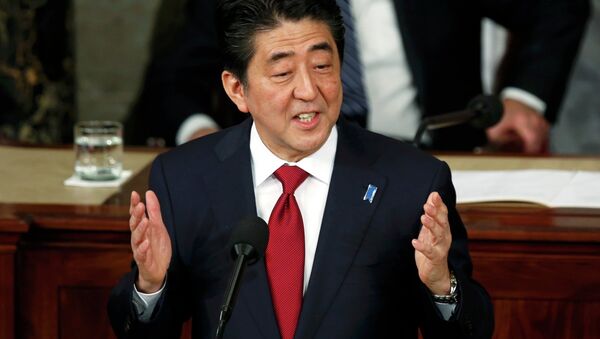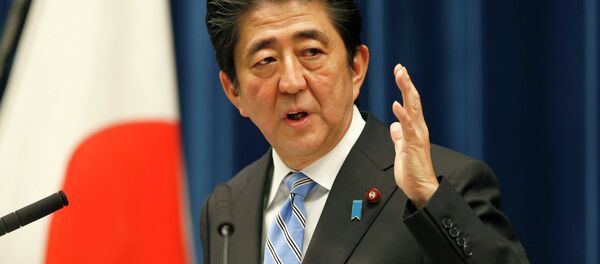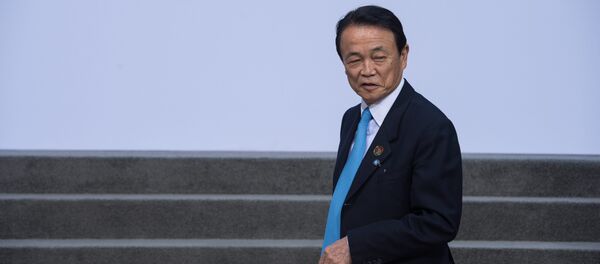Speaking at a symposium in Tokyo called 'The Future of Asia: Be Innovative,' Abe said that Japan, through the Japan Bank for International Cooperation [JBIC], and the Asian Development Bank [ADB], will supply more funding for infrastructure projects, with a higher risk profile, in order to meet what the PM described as Asia's "voracious infrastructure demand, reaching as much as 100 trillion yen [$830 billion] annually."
"Until now, in the sphere of infrastructure finance, recipients of government payment guarantees for short-term risk have conventionally been requested somewhat excessively," said the Japanese PM. "The Government of Japan will challenge that convention."
"We will launch a new mechanism that supplies funding for projects with a relatively higher risk profile through the Japan Bank for International Cooperation [JBIC]. JBIC will actively take on short-term profit risk, thereby reforming the practice of asking local governments for guarantees."
Assistance from the Japanese government will amount to more than four trillion yen [$33 billion] over four years, and will be aimed at assisting Asian countries which are developing infrastructure projects in partnership with the private sector.
The Manila-based ADB, in which Japan has the largest proportion of shares at 15.67 percent, is also considering a further capital increase, said Abe, having recently increased its loan capacity by 50 percent as part of efforts to expand lending to the private sector. In addition, a new funding mechanism for private sector infrastructure projects will increase the ADB's capacity for mobilizing capital to the private sector threefold, to also include equity investments.
Earlier this month China's Vice Finance Minister Shi Yaobin announced that the preparations were underway for the BRICS New Development Bank [NDB] to be operational by the end of 2015, or early 2016. The bank, which will be funded by the five BRICS members but is open to membership from all members of the United Nations, is to have authorized capital of $100 billion to fund infrastructure projects.
The NDB, which will offer loans to other middle- and low-income countries, is a complementary instrument to the Asian Infrastructure Investment Bank [AIIB], said Yaobin, and will "jointly enhance the collective strength of international development finance."
Earlier this year Japan and the US were the only countries in the G7 group not to sign up to be founding members of the Beijing-based AIIB, which will have authorized capital of $100 billion. In April, China stated that 57 countries had been approved as founding members of the bank, having met the March 31 deadline to submit their applications.




